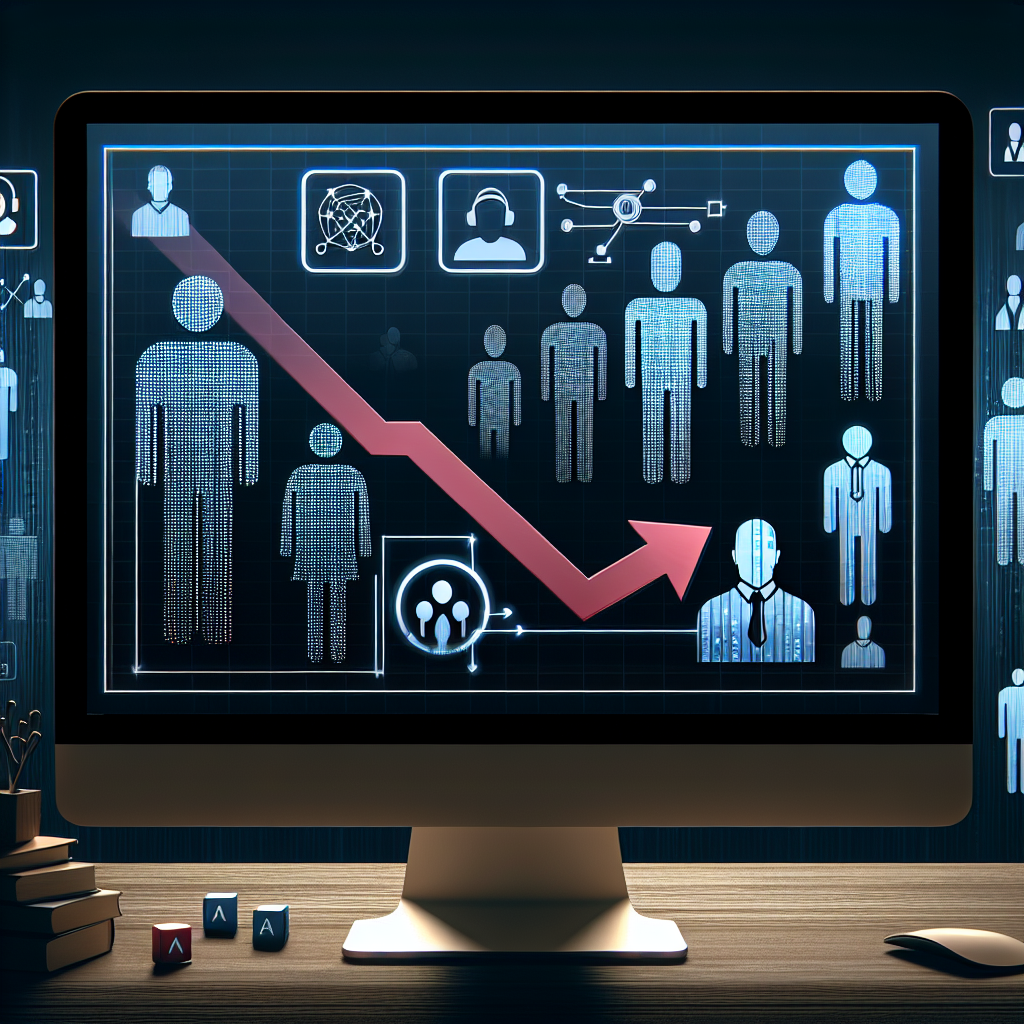AI Triggers Layoffs at Job Platforms
When the printing press revolutionized publishing in the 15th century, thousands of scribes were suddenly out of work. The march of technology continued, and now in the 21st century, AI triggers layoffs at job platforms like Indeed and Glassdoor, sounding a disruptive echo through the modern employment landscape.
Job Search Giants Brace for an AI-Driven Future
Job search leaders Indeed and Glassdoor—both owned by Recruit Holdings—recently announced significant workforce reductions that directly reflect the rising influence of artificial intelligence in their operations. Approximately 1,000 jobs, or 8% of Recruit’s global workforce, have been cut in an effort to streamline operations and invest more in AI technologies.
Indeed confirmed that the layoffs are part of a larger plan to restructure towards a leaner model, citing economic headwinds and an increased reliance on AI for improving user experience and operational efficiency. Both companies aim to optimize their job search tools, make resume matching more precise, and enhance employer-candidate interactions—all by harnessing AI capabilities.
AI’s Role in Shaping Employment Platforms
While automation isn’t new to the recruitment industry, the scale and speed at which AI can now simulate human tasks—like sorting resumes, conducting initial assessments, and even delivering job recommendations—has radically changed the internal work required at these job platforms.
Key functions now handled by AI include:
- Automated resume analysis and ranking
- Predictive job matching based on past behavior
- AI-generated job descriptions and recruitment ads
- Initial chat-based candidate engagement
As more of these tasks become AI-reliant, roles traditionally held by humans across engineering, marketing, and support departments are being phased out—creating a paradox where job platforms themselves are reducing jobs in favor of tech efficiencies.
Company Leaders Acknowledge Difficult Decisions
Indeed CEO Chris Hyams acknowledged the emotional weight behind the decision, describing it as “incredibly difficult” but necessary for adapting to marketplace changes. He went on to assure affected employees of severance packages and transitional support.
The layoffs point to a broader trend affecting not just hiring platforms but the global workplace in general. As AI becomes deeply embedded in daily workflows, businesses across industries are reassessing human capital strategies to keep pace with innovation while protecting long-term viability.
Looking Forward: Human-AI Collaboration Is Key
Despite these job cuts, company leaders and industry analysts argue that AI should be viewed as a partner, not a replacement. There is still a strong need for human oversight in areas like candidate experience, ethical hiring, and strategic decision-making—areas where empathy and complex judgment are essential.
It’s clear that while AI triggers layoffs at job platforms, it also opens doors to new roles centered around AI development, ethics, and human-centered design. For job seekers and professionals in the hiring space, reskilling and adaptability are no longer optional—they’re survival tools.
Final Thoughts
The tech evolution in employment platforms is a stark reminder of the shifting tides in the job market. As Indeed and Glassdoor pivot towards an AI-focused future, the challenge lies not in resisting change, but in preparing the workforce for what comes next. One thing is certain: the new era of job searching will be shaped not only by algorithms but by those who can work alongside them.

